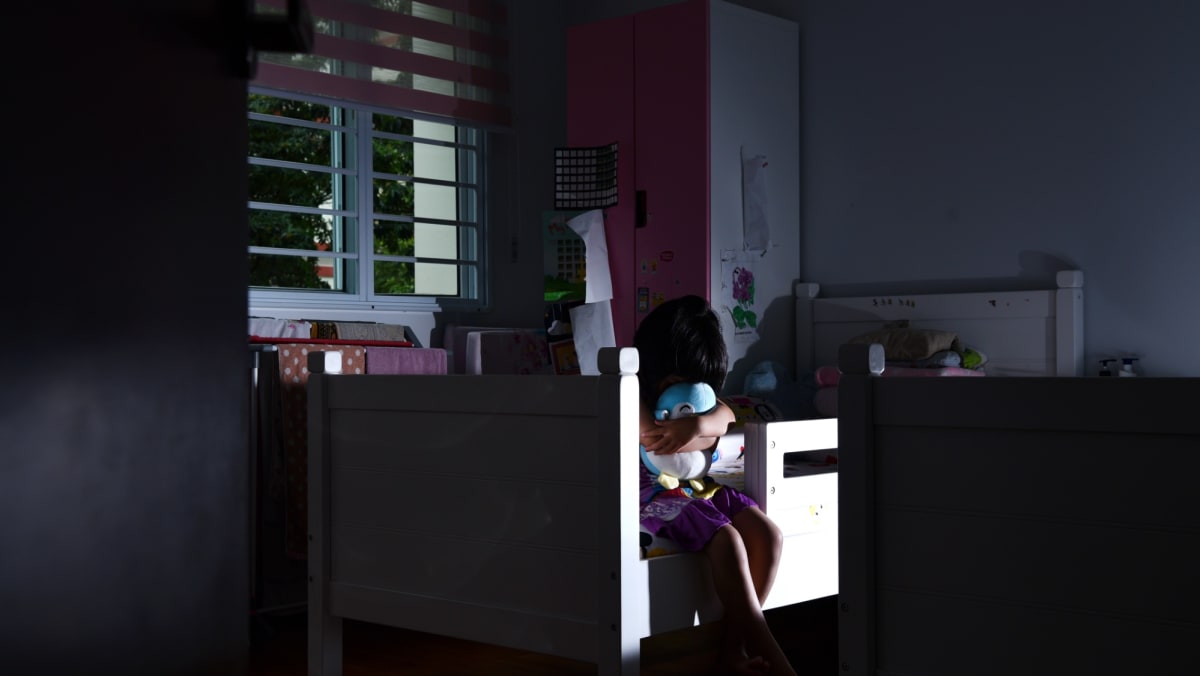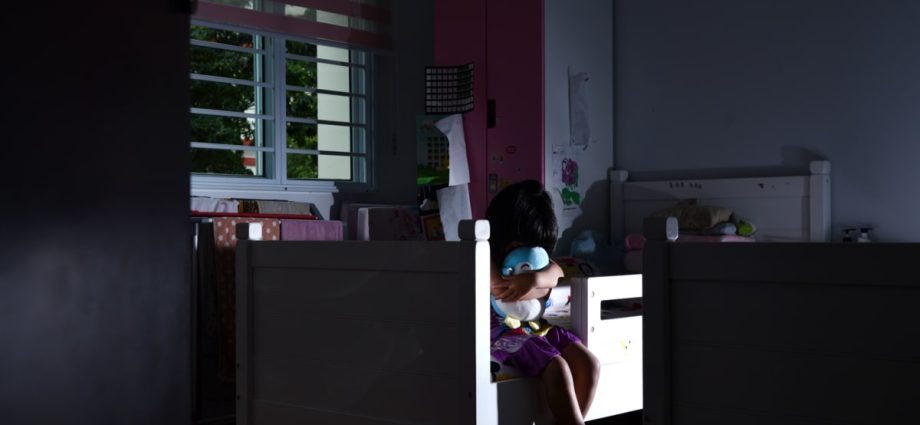
CNA reported on Sunday that child sex crimes and child sexual abuse material cases in Malaysia were on the rise.
The Royal Malaysia Police said it investigated 1,240 cases under the Sexual Offences Against Children Act – which covers children under 18 – in 2022, up from 901 cases in 2018.
Latest statistics provided show that 959 cases were opened from January to August 2023, already a higher monthly average than in 2022.
In Ms Anna’s case, she made a police report against her uncle on Dec 17, 2019. The man was arrested two days later and charged in court a few days after that, she said.
But Ms Anna soon found out that her anguish and self-blame would be aggravated by what she perceived as weaknesses in Malaysia’s justice system.
She said the uncle was eventually acquitted as the judge ruled that the prosecution did not have a prima facie case – or sufficient evidence at the initial stage to prove an offence took place.
Ms Anna questioned the “slow” legal system and how the defence was allowed to defer court hearings without “concrete reasons”, as she described how Ira was traumatised by the process.
A child rights advocate told CNA that delays in justice could be “incredibly frustrating” and further compound trauma for survivors and their families.
Dr Hartini Zainudin said she has seen some child sexual abuse cases take two years to enter the court system from the point they are reported.
To better protect survivors and their family members, she suggested that Malaysian authorities strengthen investigation procedures, increase support for survivors and ensure that prosecution is timely.
“I FELT DISCOURAGED”
In the Malaysian justice system, the prosecution proceeds first to prove that it has a prima facie case.
This is when the prosecution gets its witnesses to take the stand and tender evidence on their behalf. The defence will also scrutinise this evidence.
Ms Anna said Ira had to testify, and that her daughter had wet her bed a few times amid the traumatic legal process.
“I brought her to see a child psychologist for a few sessions to manage her emotions and expectations leading up to and during the trial process,” she said.
“Once her testimony was done with, I told her to just forget about all this and that she never has to think or speak of this anymore, unless she wanted to.”
Ms Anna said the case dragged on through “many delays” brought by the COVID-19 pandemic and the defence deferring trial dates.
In July 2022, the uncle was acquitted as the judge determined that the prosecution did not have a prima facie case, Ms Anna said.
From a legal standpoint, this means that the judge had considered submissions on the prosecution’s evidence tendered thus far, and found that he was not ready to convict the accused if the accused chose to remain silent.
The uncle did not have to enter his defence and was set free.
The prosecution then filed an appeal, but until now, Ms Anna said she has not received a hearing date as a subpoena has not been successfully delivered to the uncle.
Ms Anna criticised Malaysia’s legal system, saying she feels that it does not put in enough consideration or protection for the victim.
Based on her experience going through the system, she concluded that many families may choose not to report intra-family sex crimes as “justice is not guaranteed”, suggesting that children of Ira’s age would not have a motive to lie about being sexually abused.
“At one point, I too felt discouraged at how slow the legal process is and how the legal system in a way allows the defence to defer trial dates without concrete reasons,” she said.
PROTECTING CHILD SEXUAL ABUSE VICTIMS
Dr Hartini, who co-founded non-profit organisation Yayasan Chow Kit that supports vulnerable children in a low-income area in Kuala Lumpur, said improvements with how child sexual abuse cases are handled should start with investigative procedures.
This includes giving law enforcement agencies specialised training to handle cases of child sexual abuse, through proper collection and preservation of evidence, conducting thorough investigations, and establishing child-friendly interview techniques, she said.
“We don’t seem to implement or want to implement any child-sensitive approaches nor child competency approaches to gathering information from the survivor, or ensuring the child testimony is intact and as true to information gathered,” she added.
“It’s not unusual to have a child survivor questioned by seven different adults about the traumatising experience.”
Countries in the region use different methods of protecting child survivors of sexual abuse.

